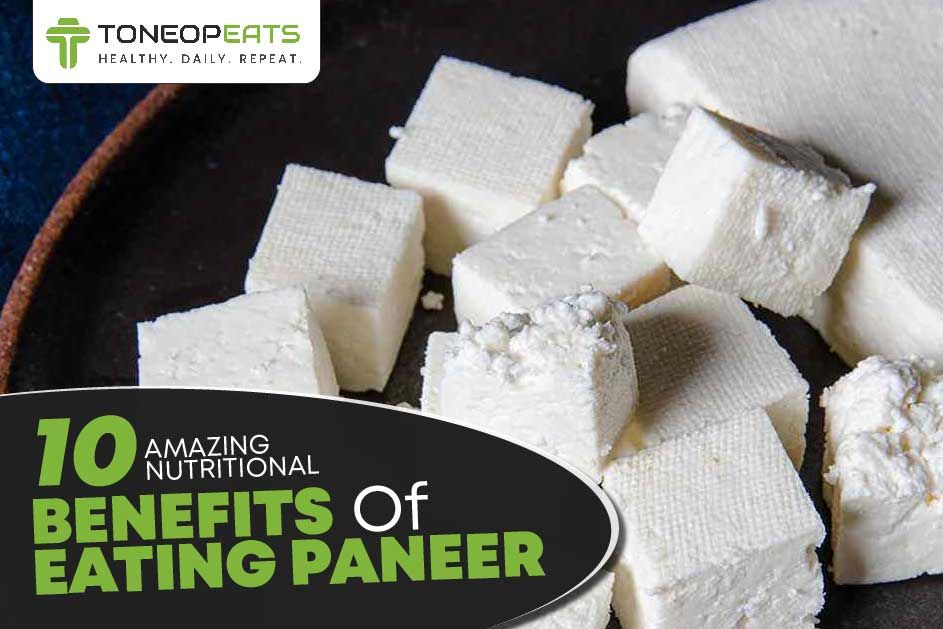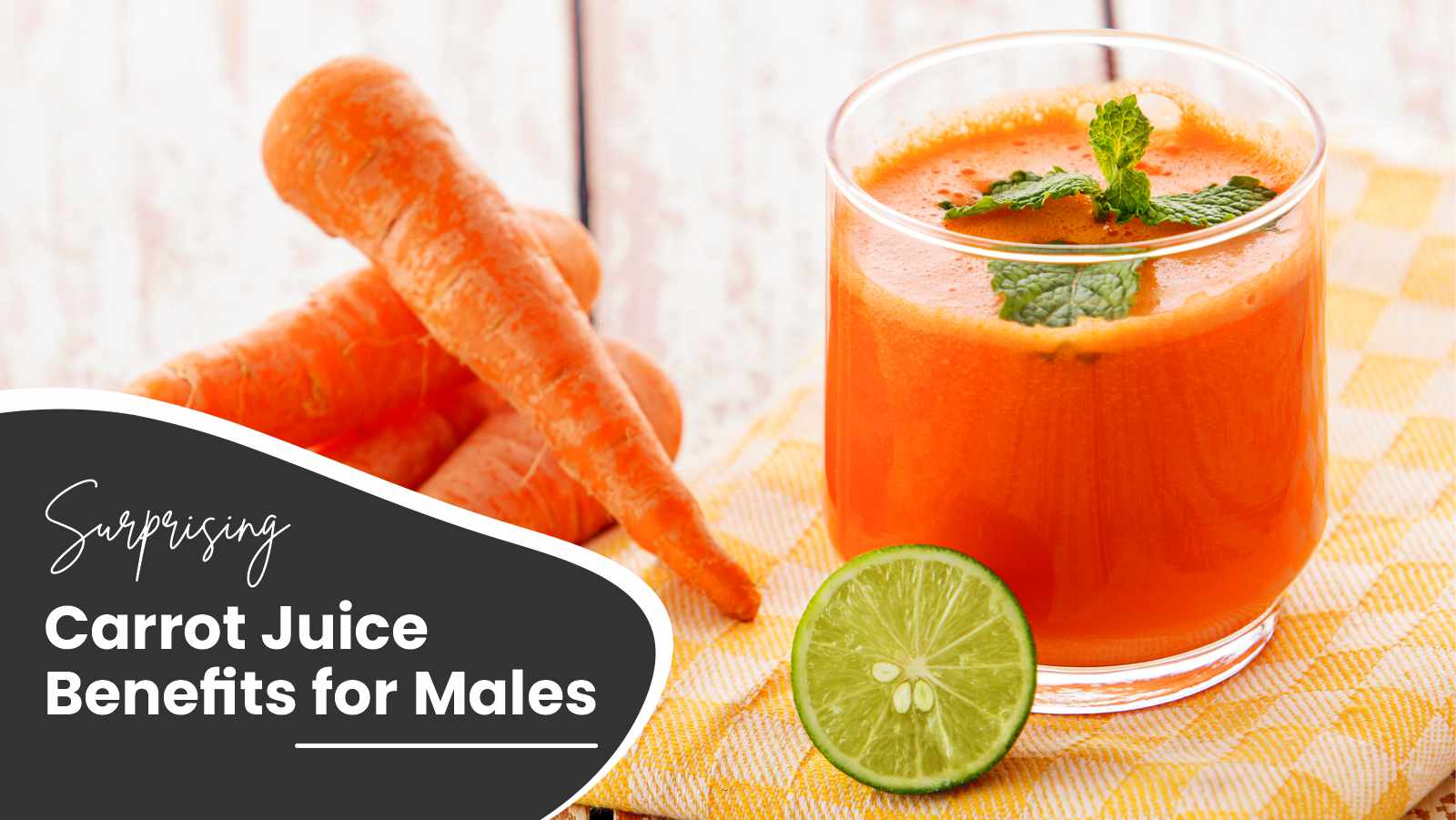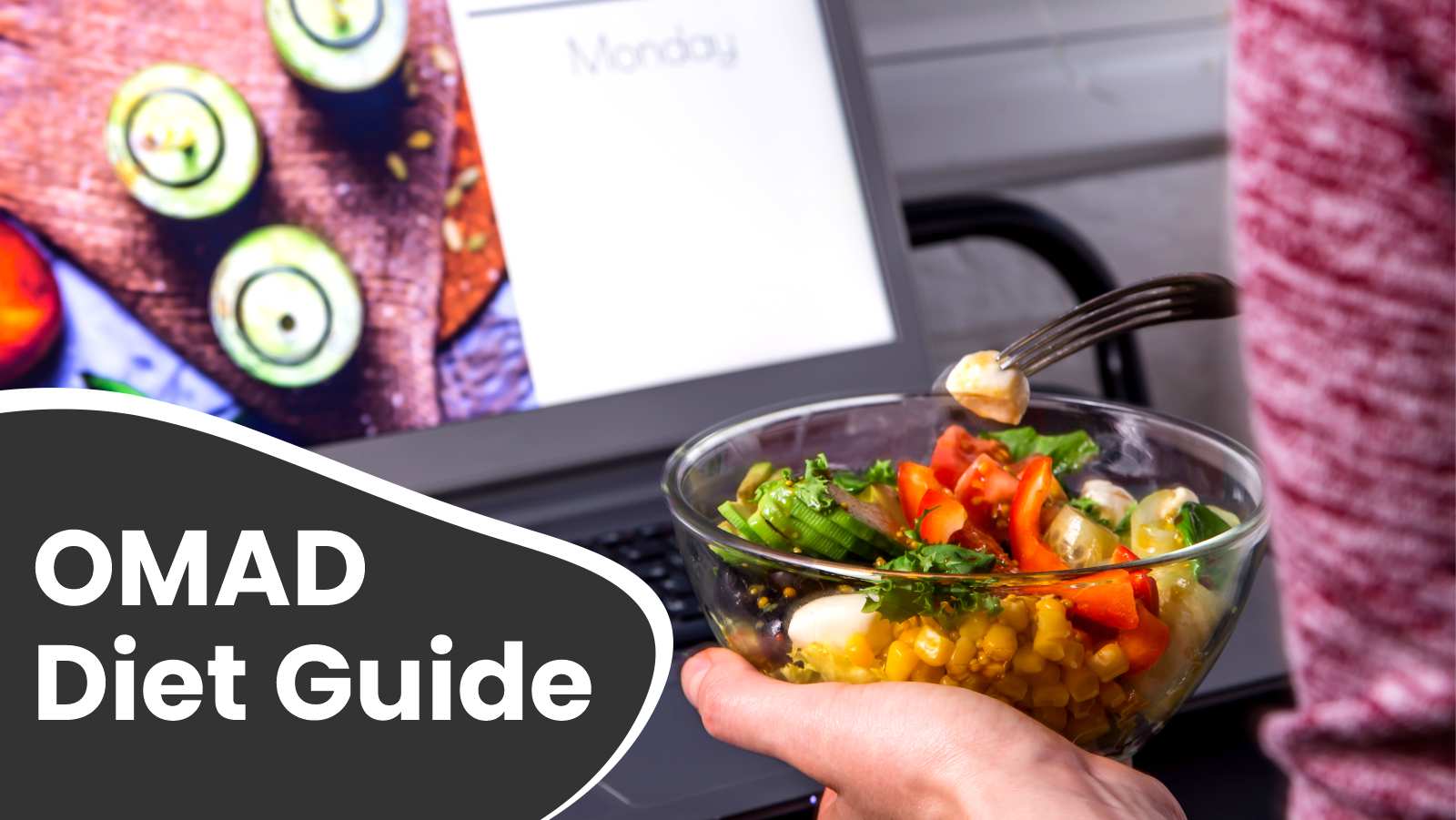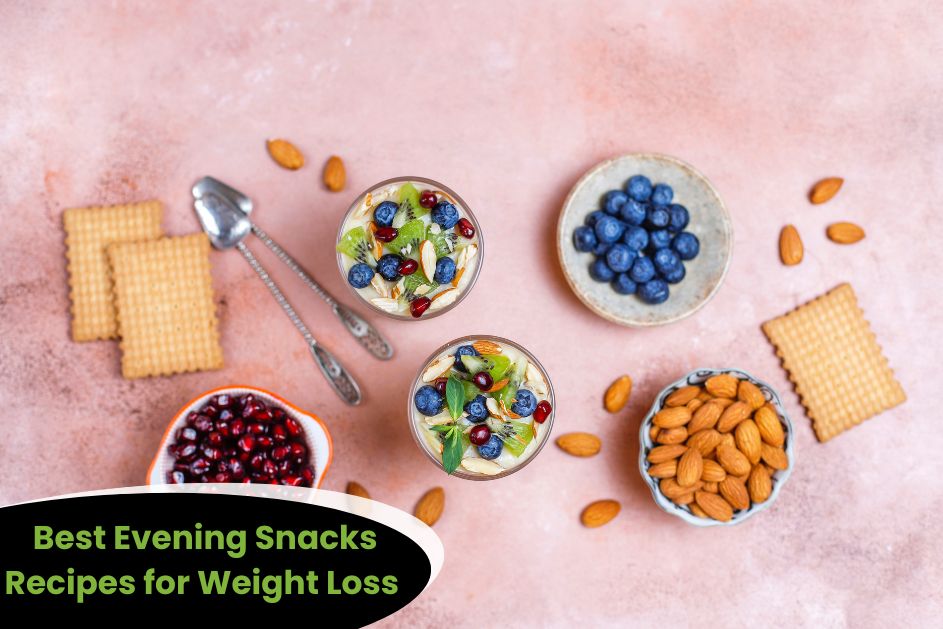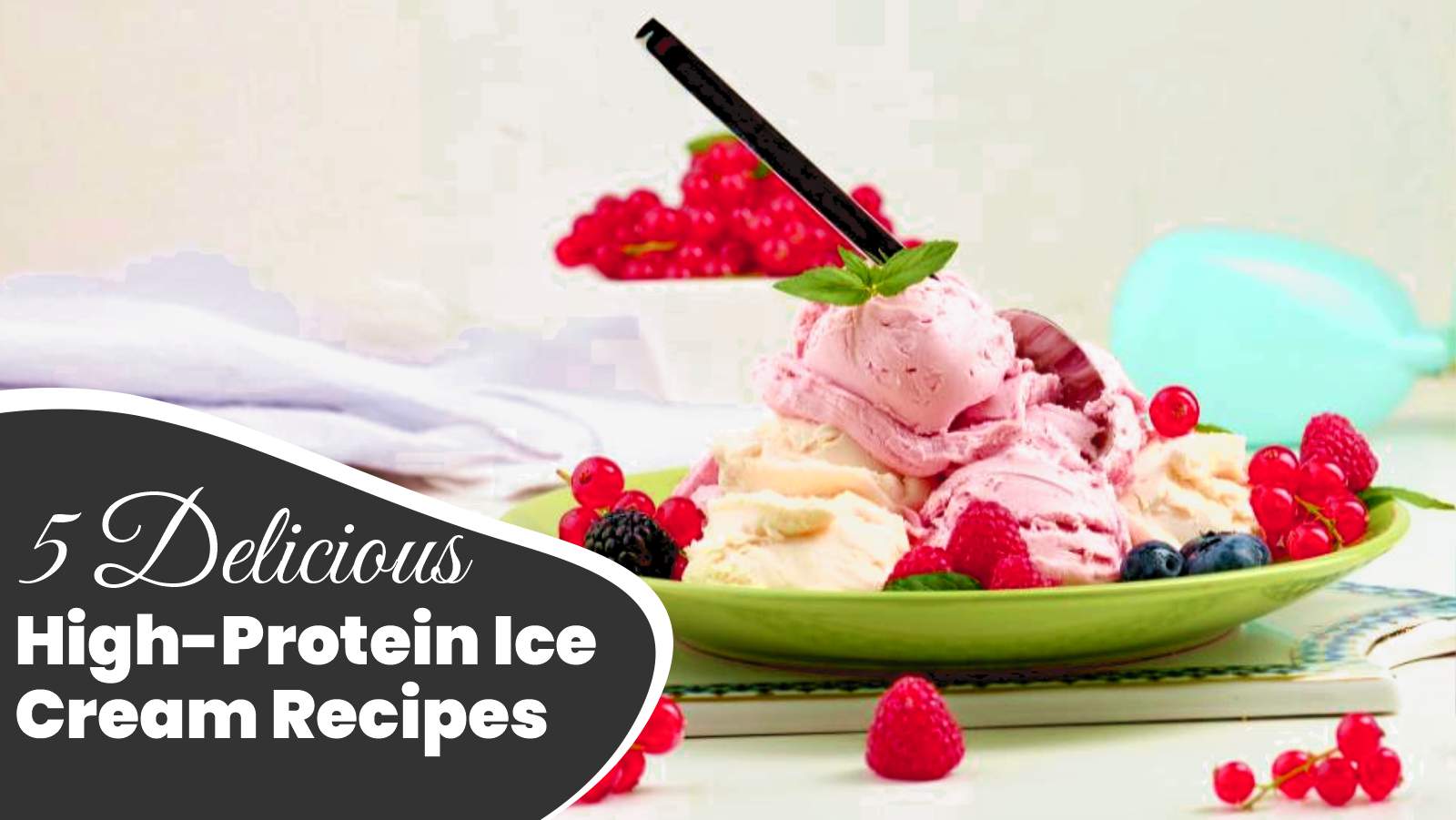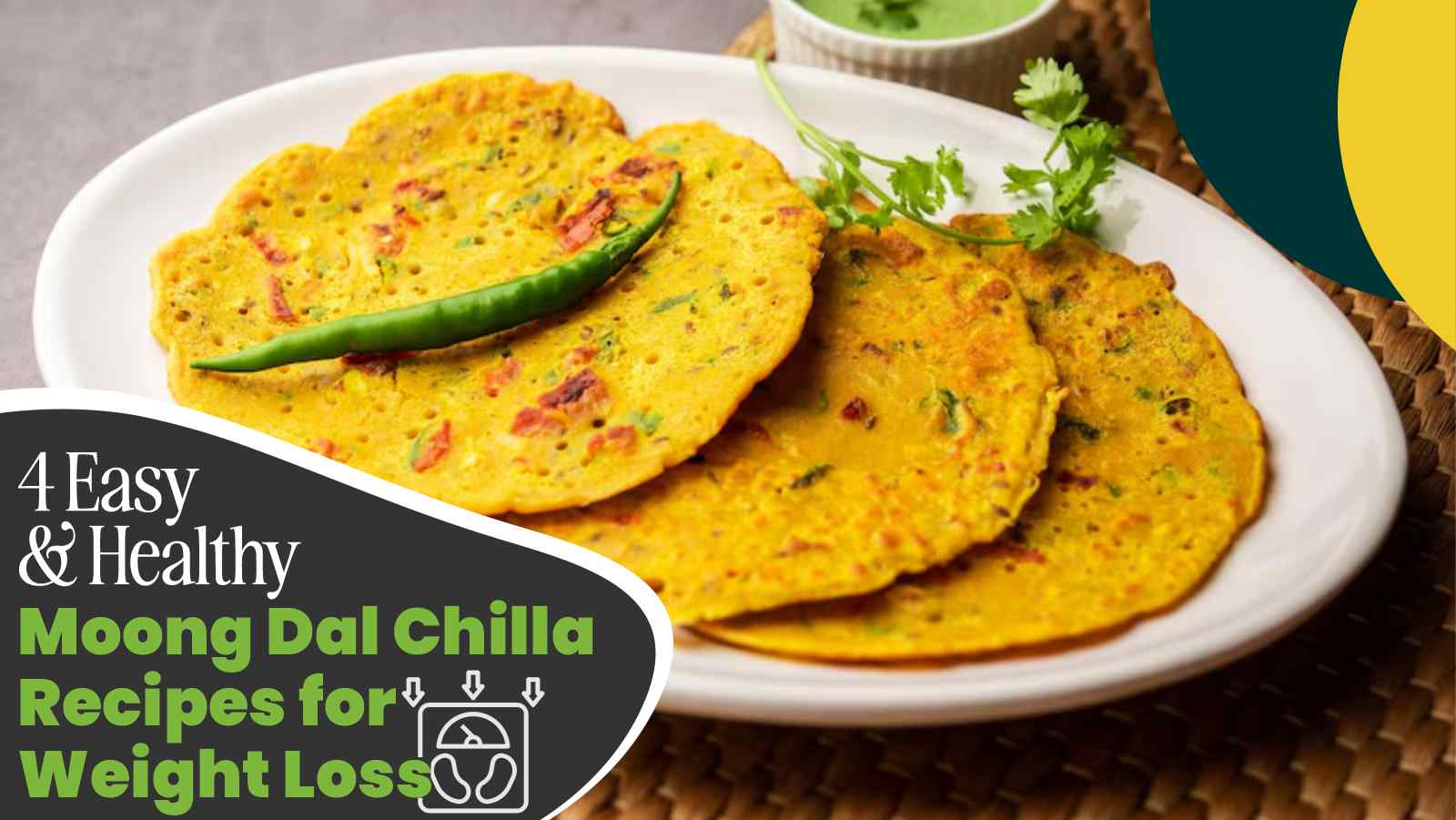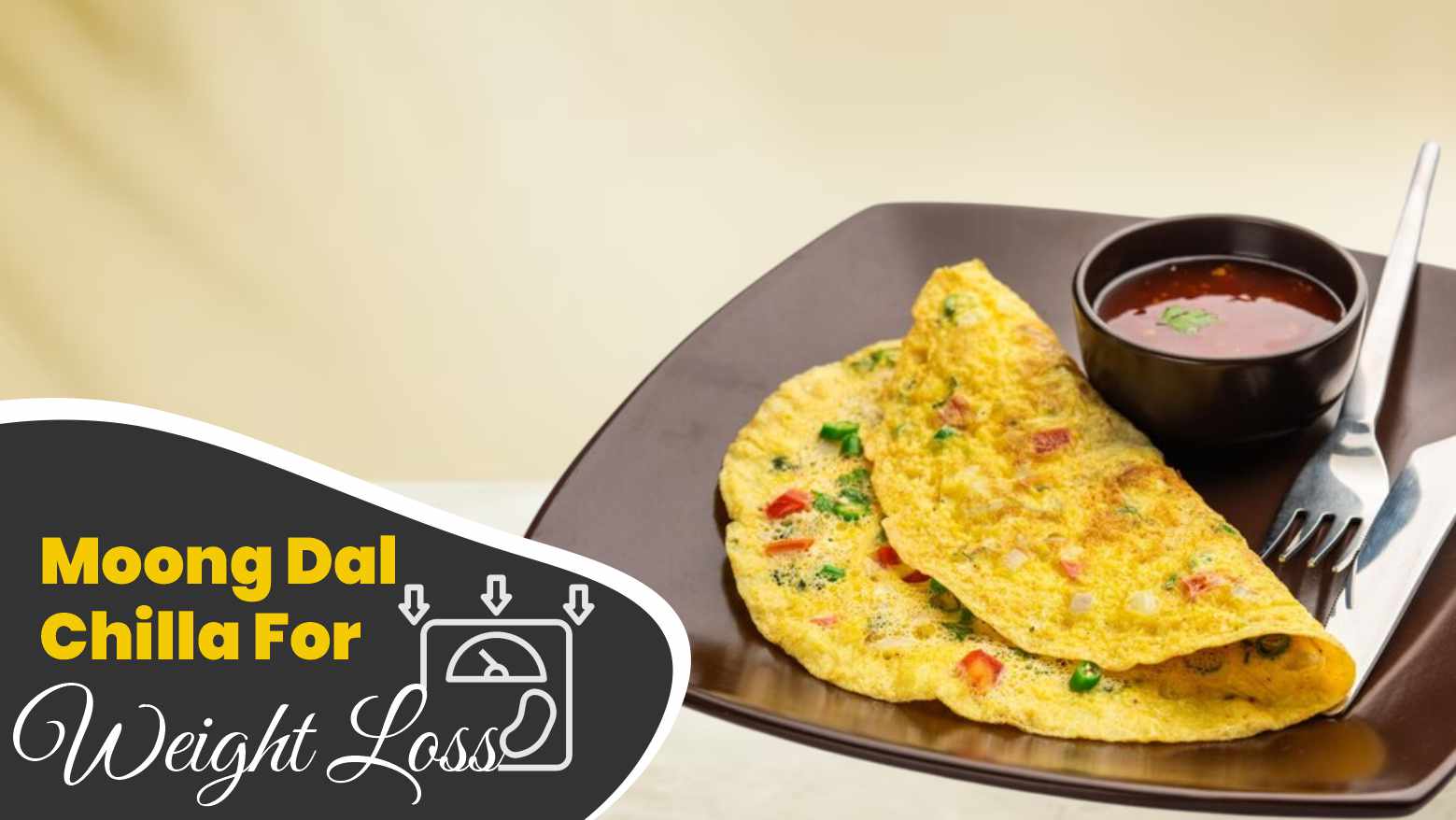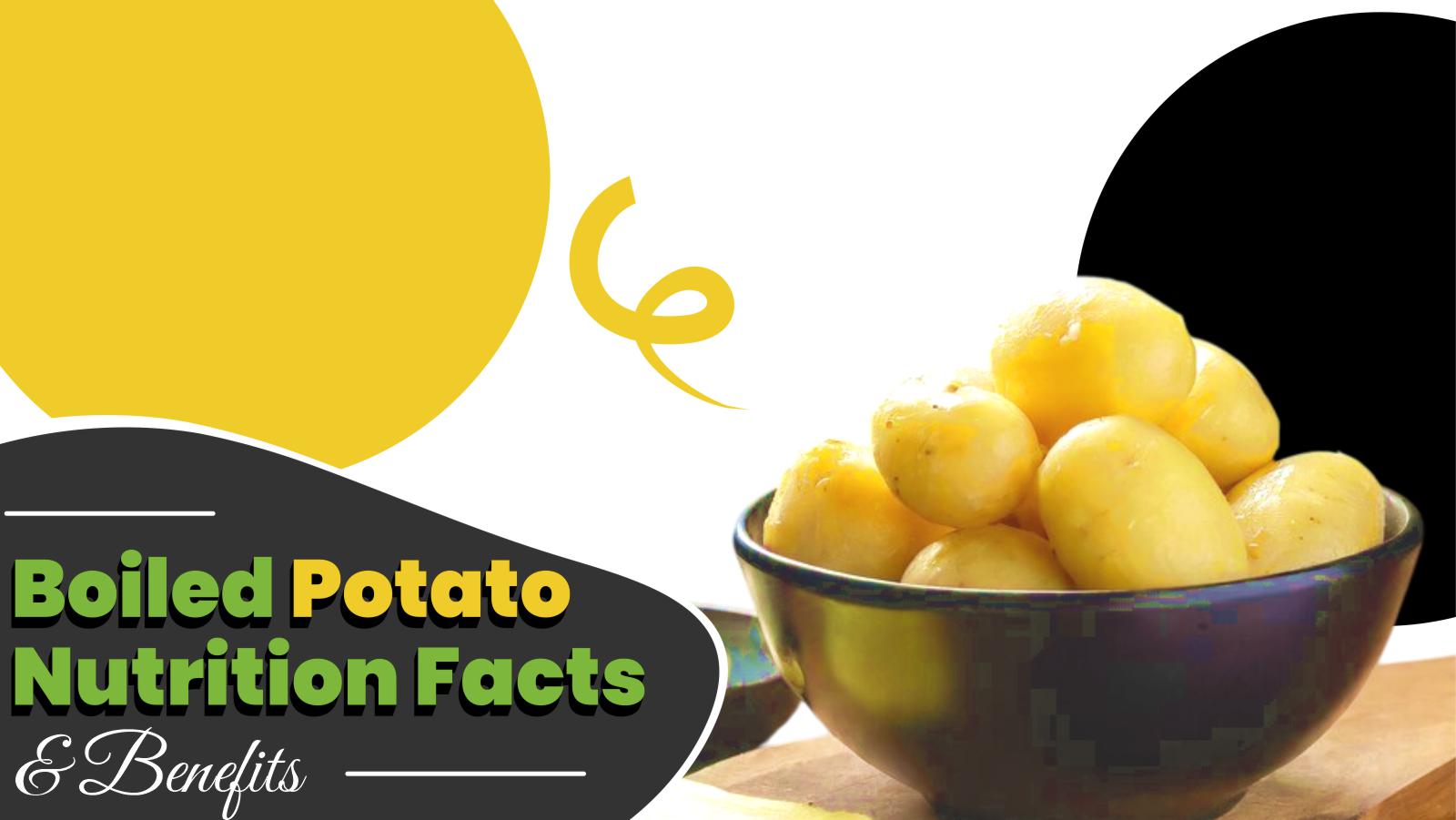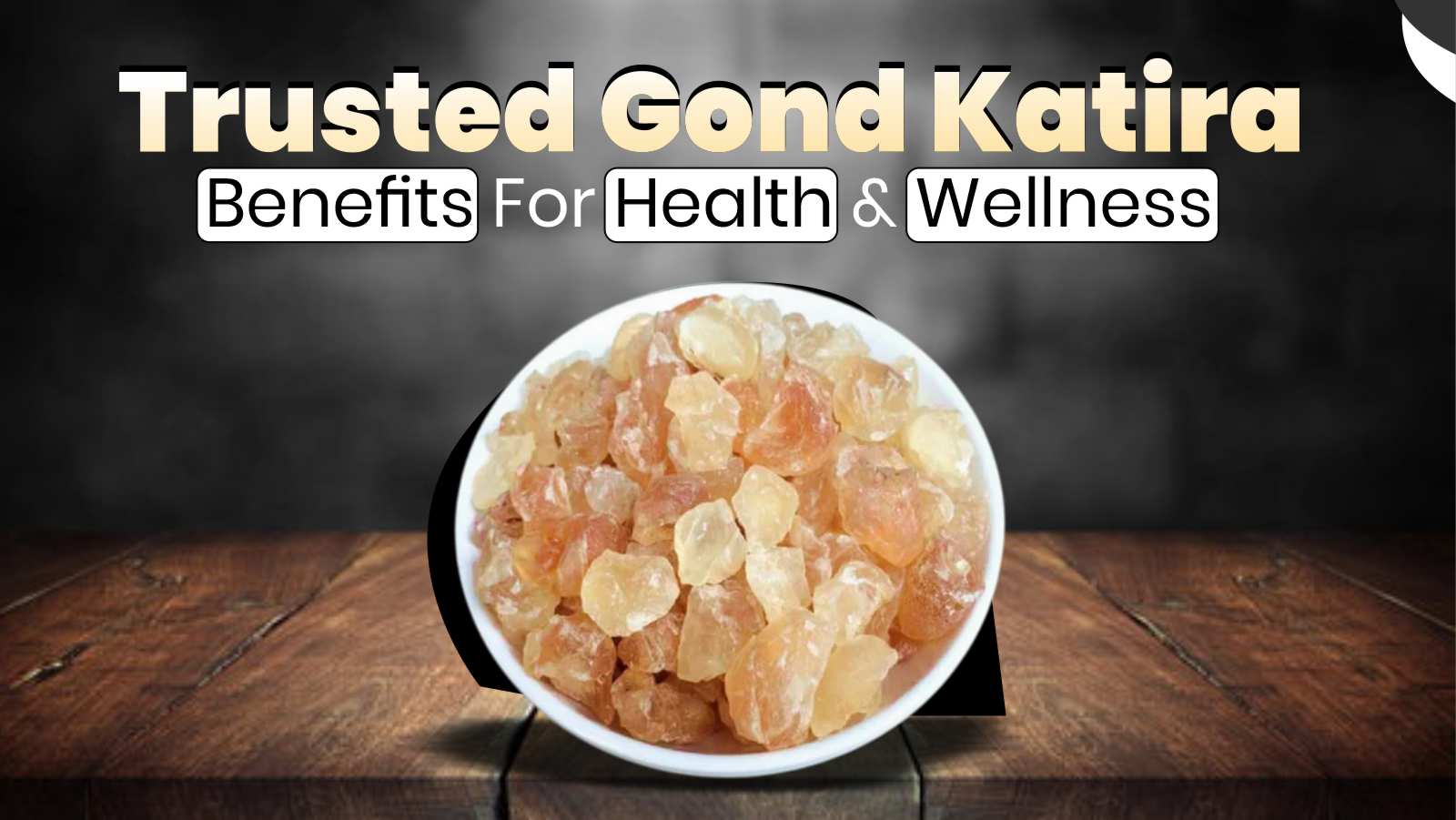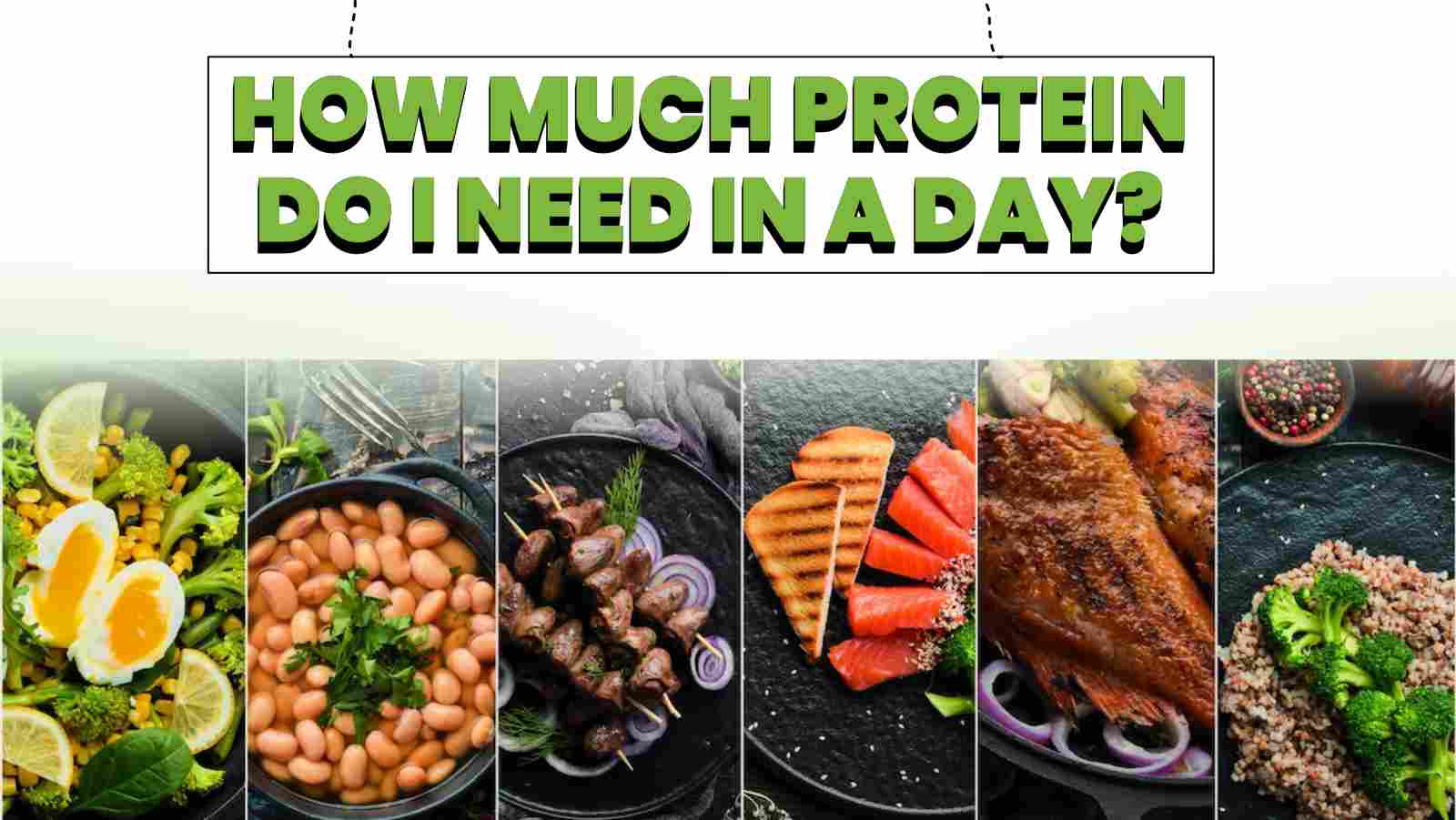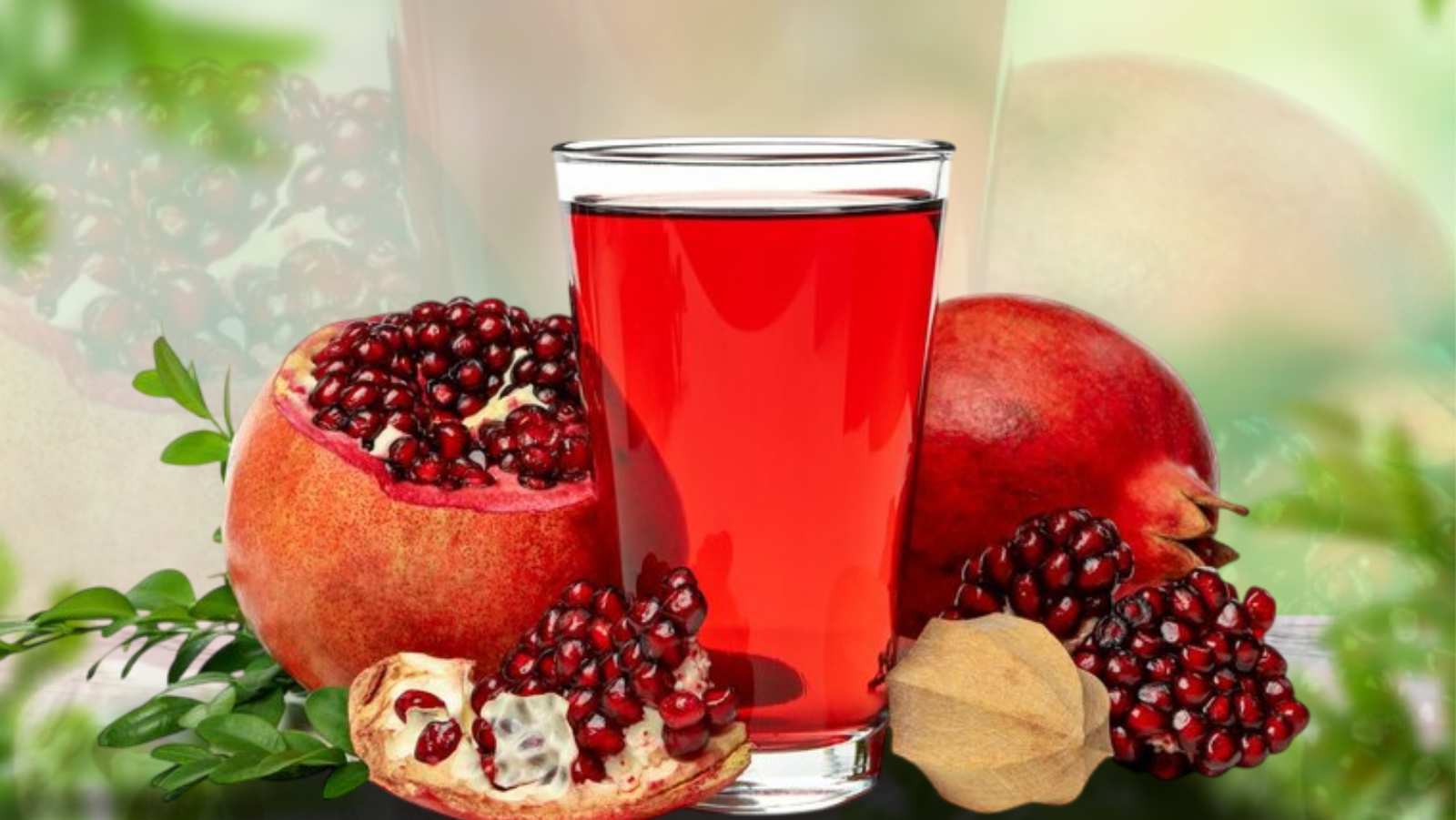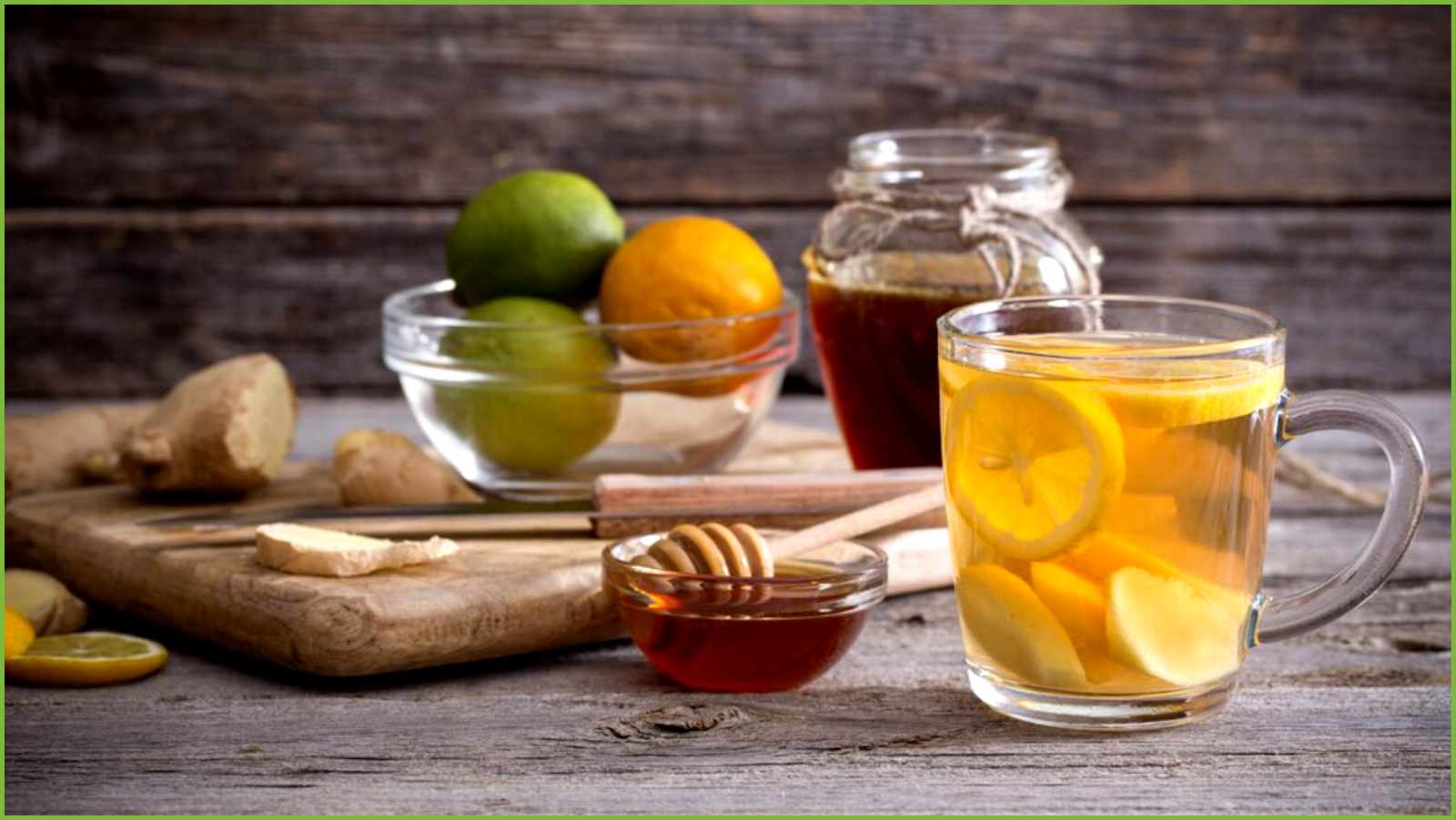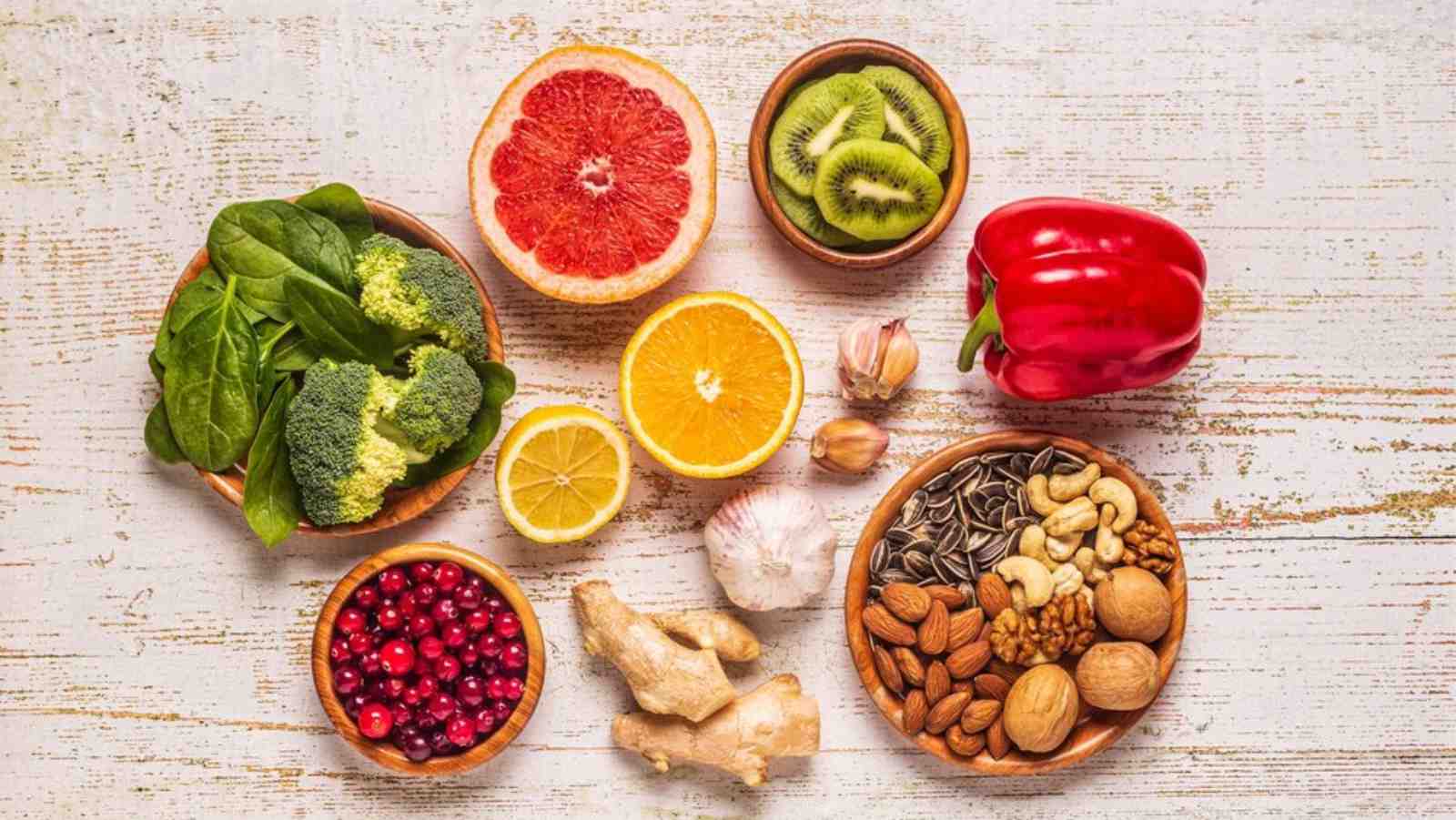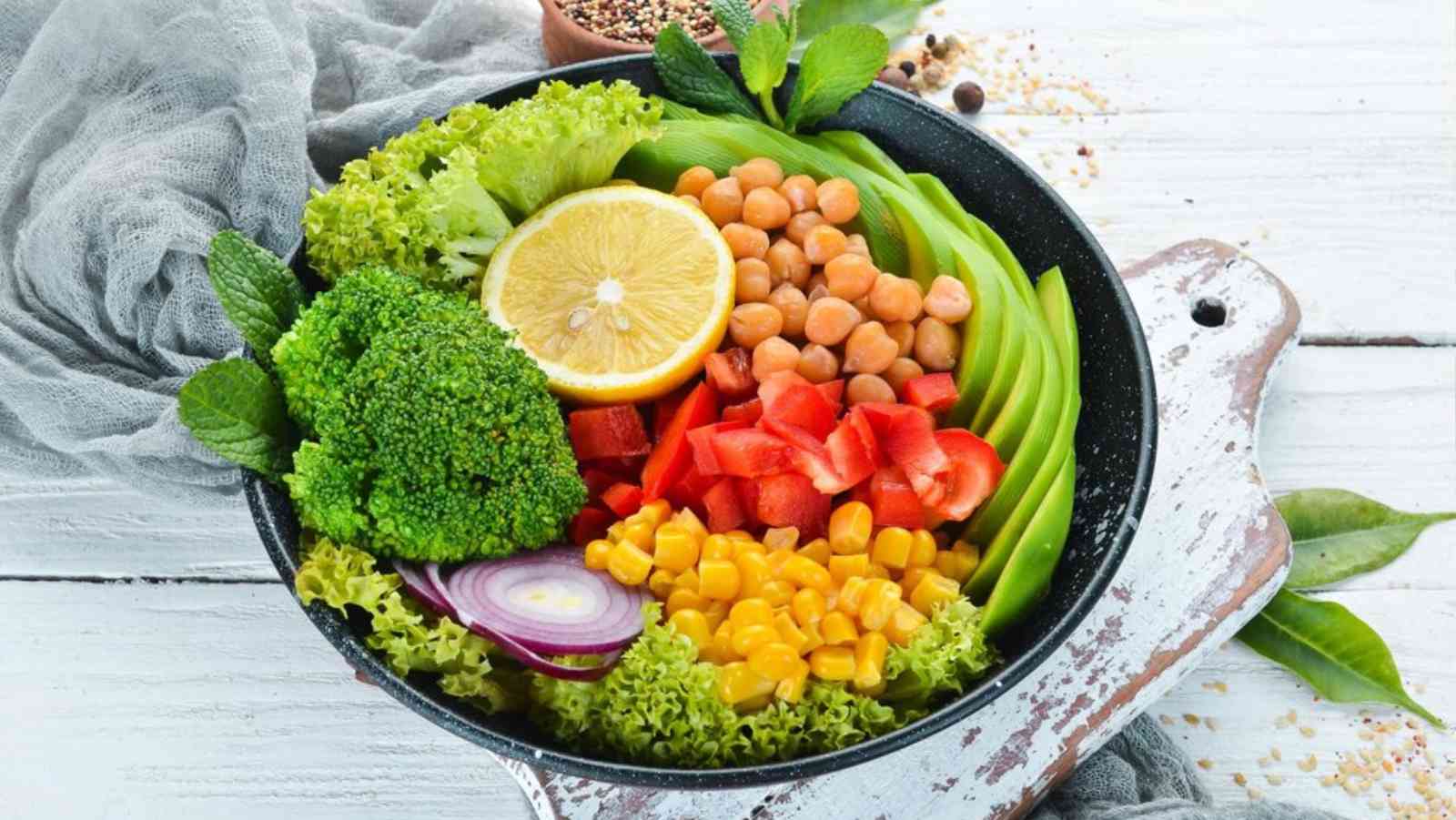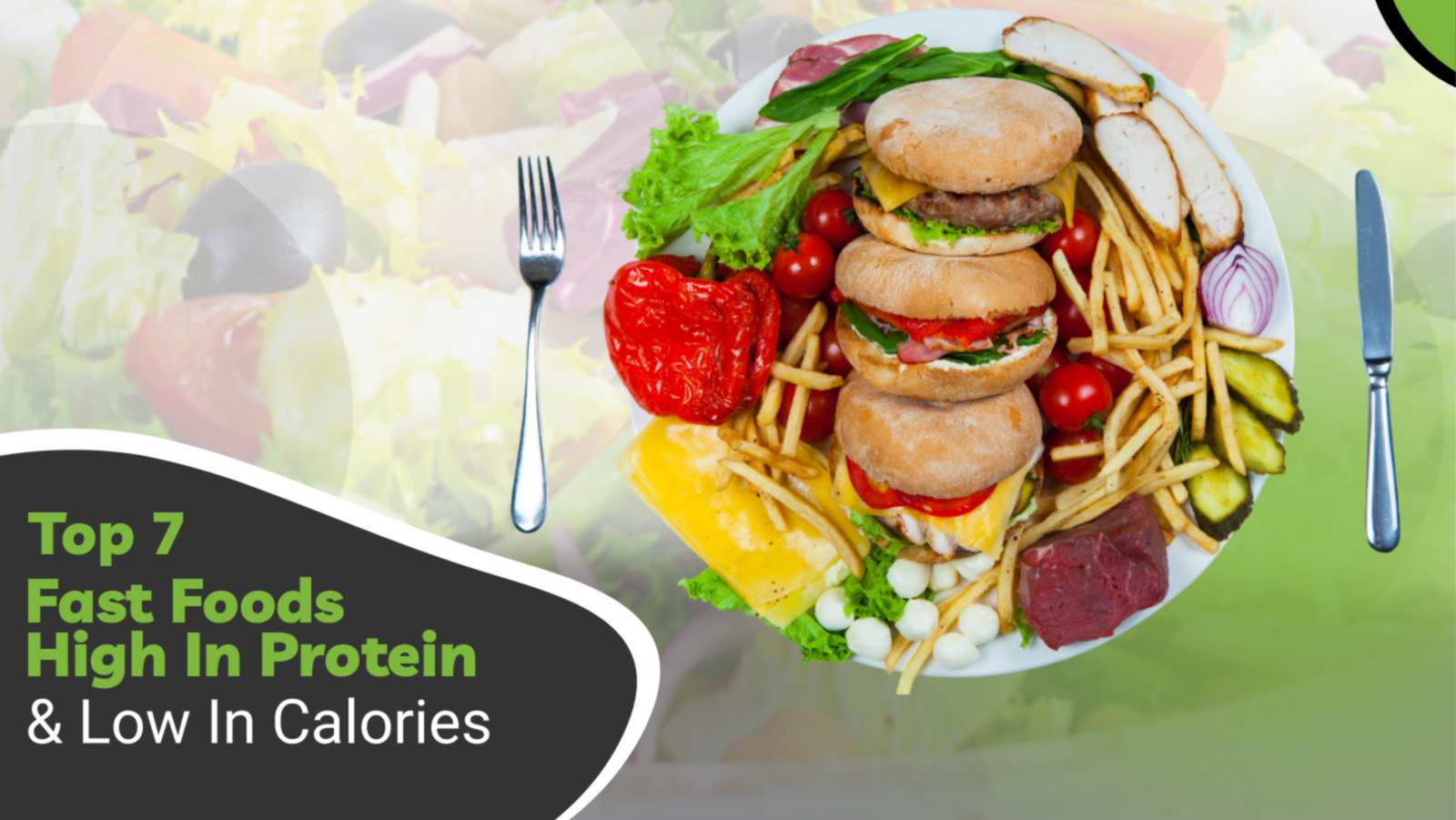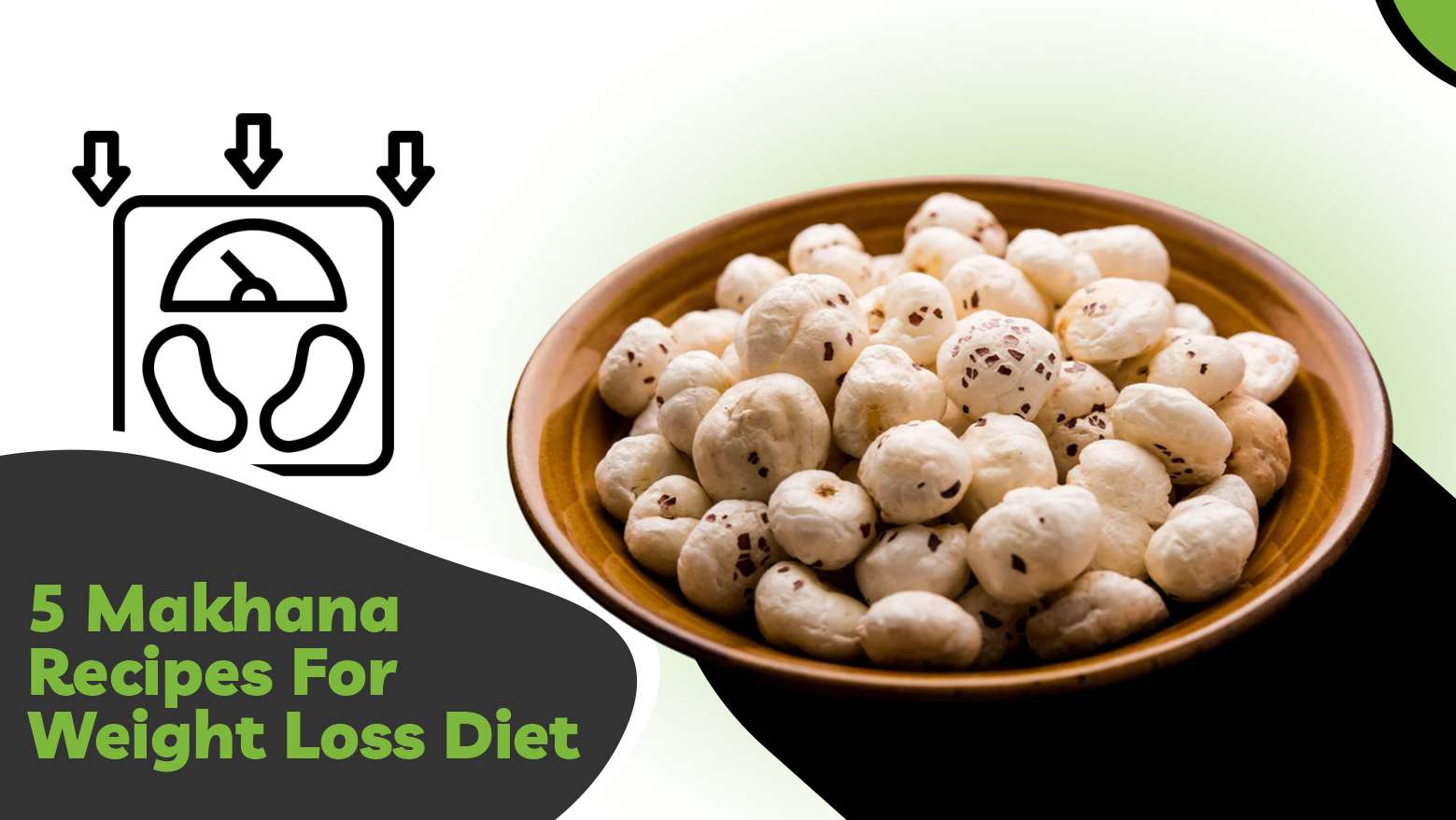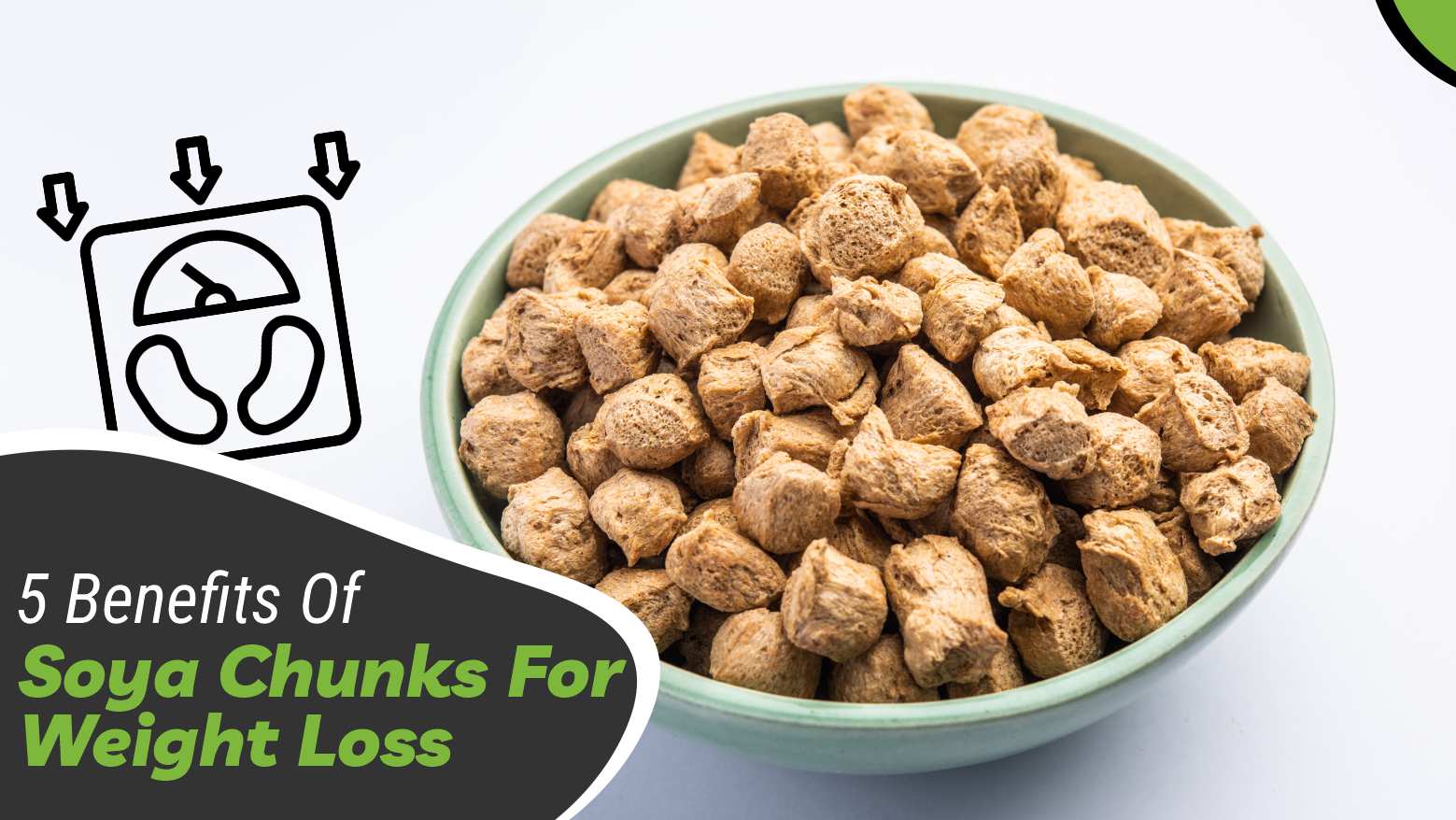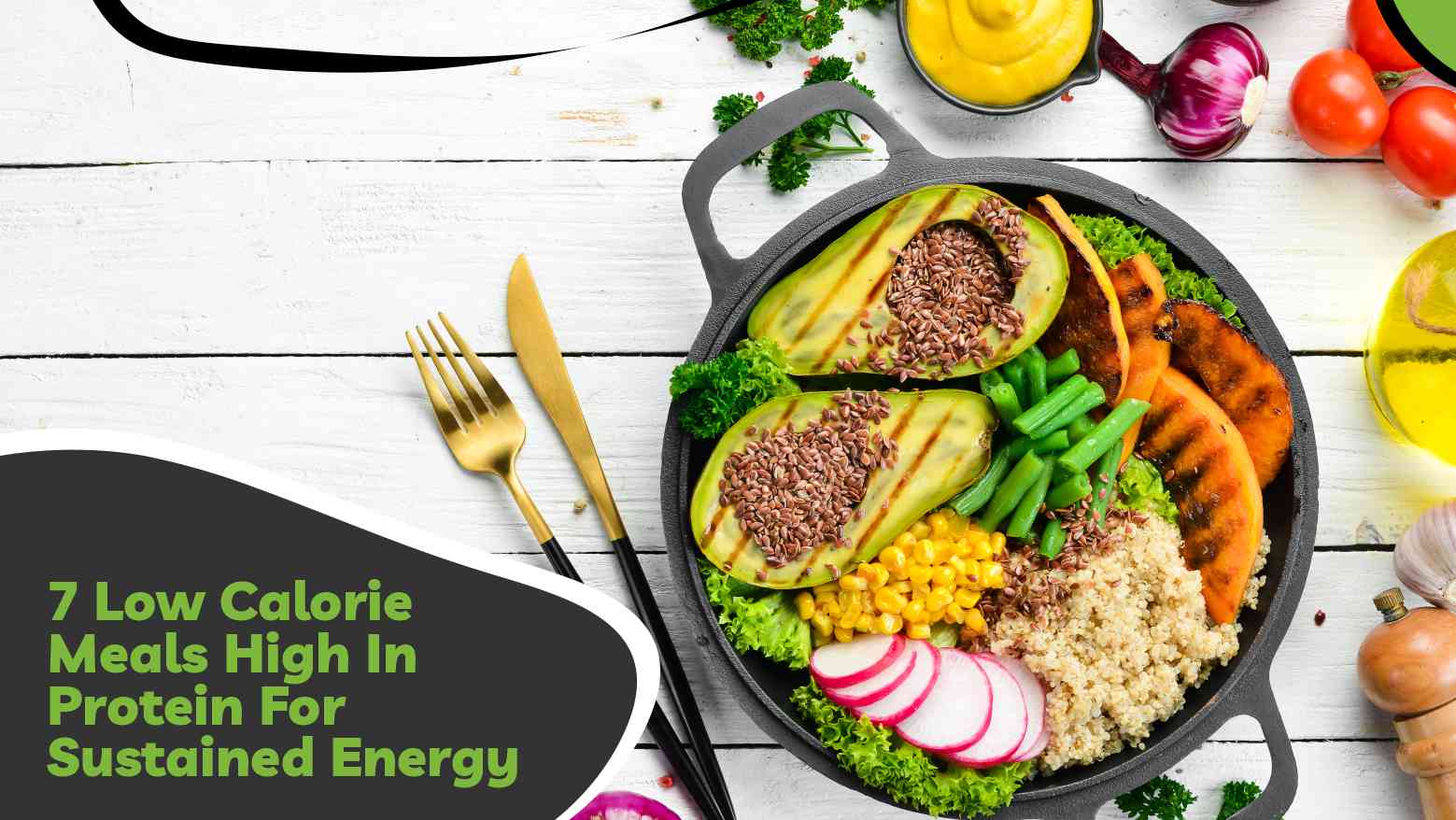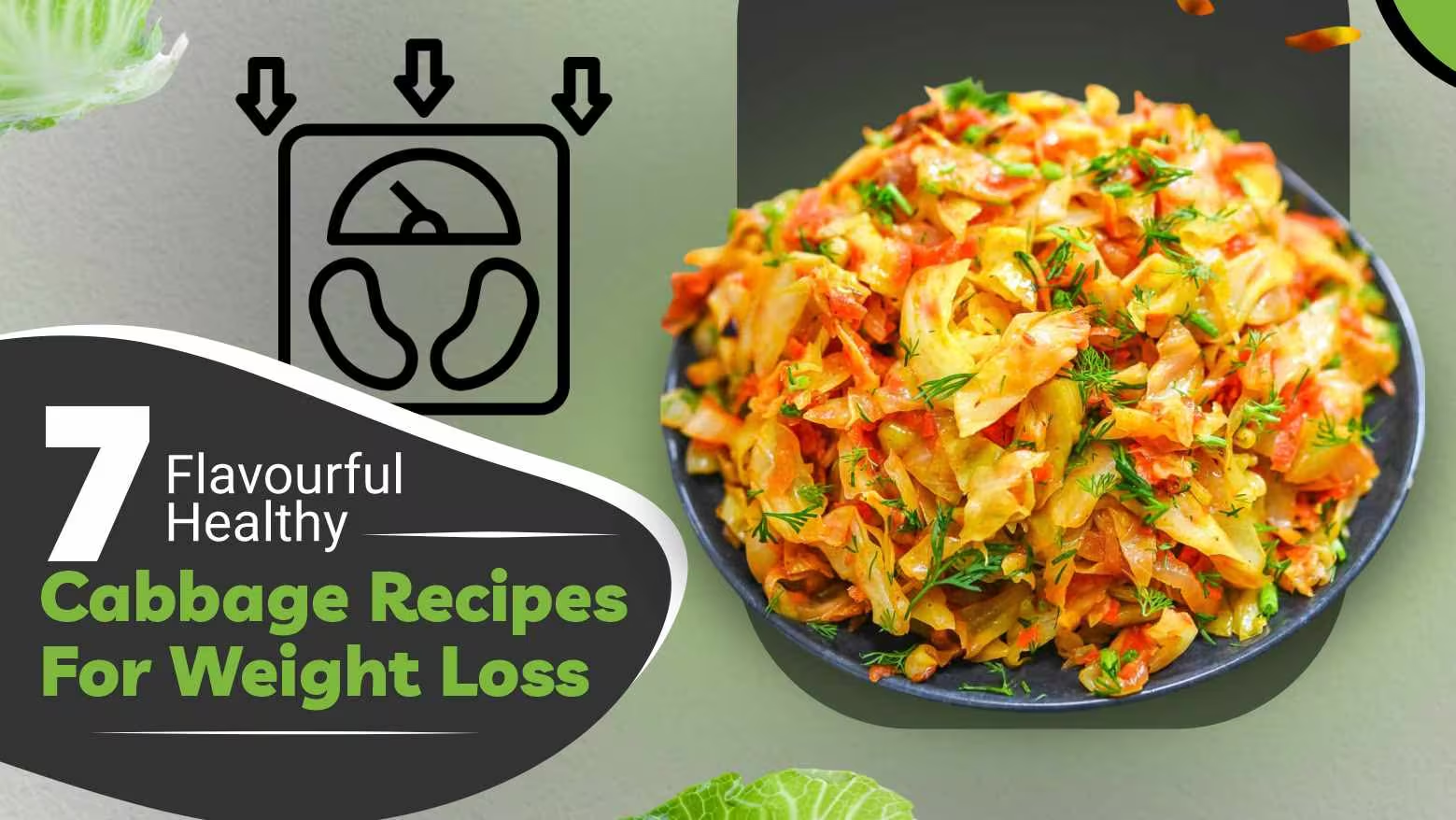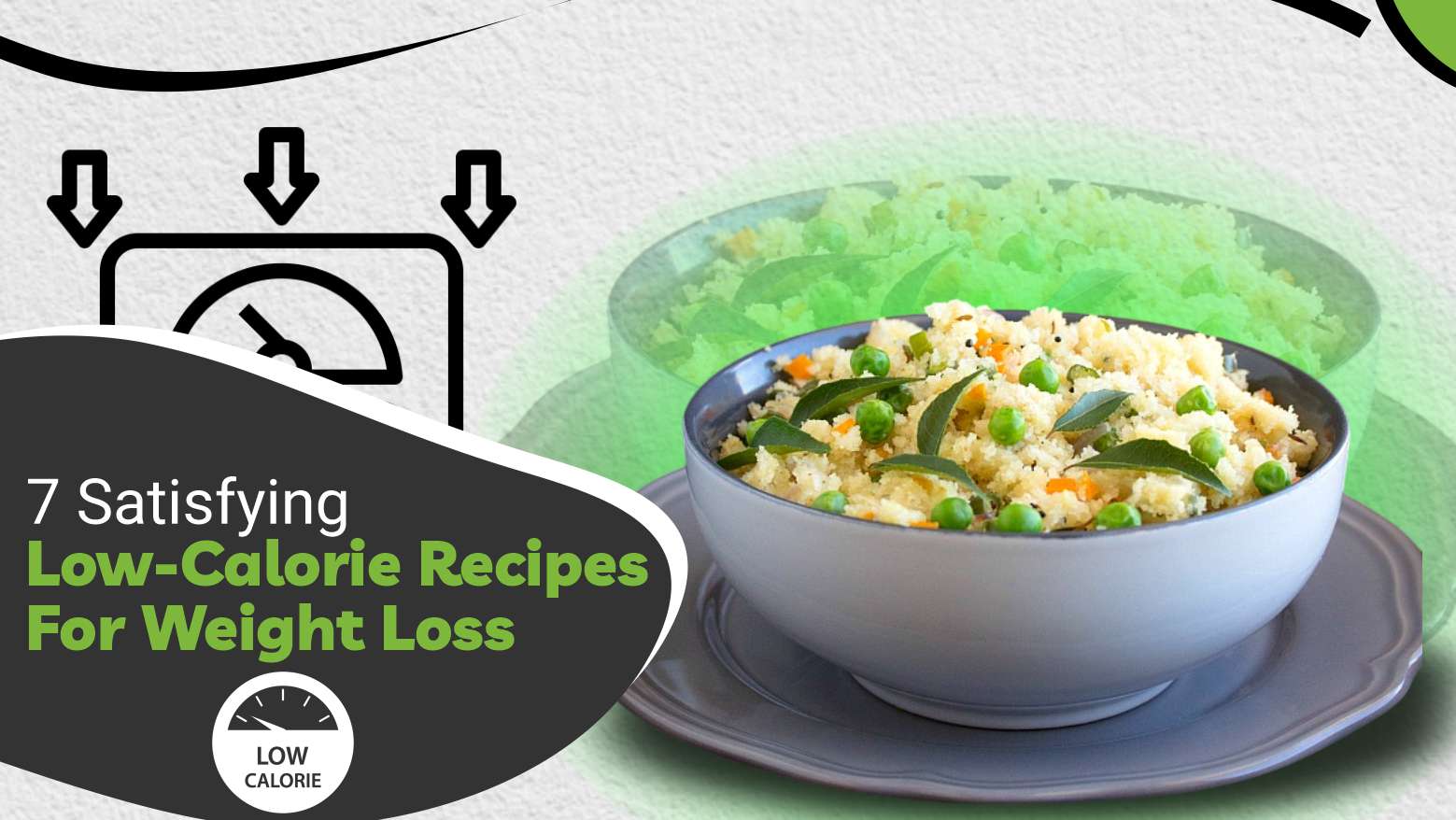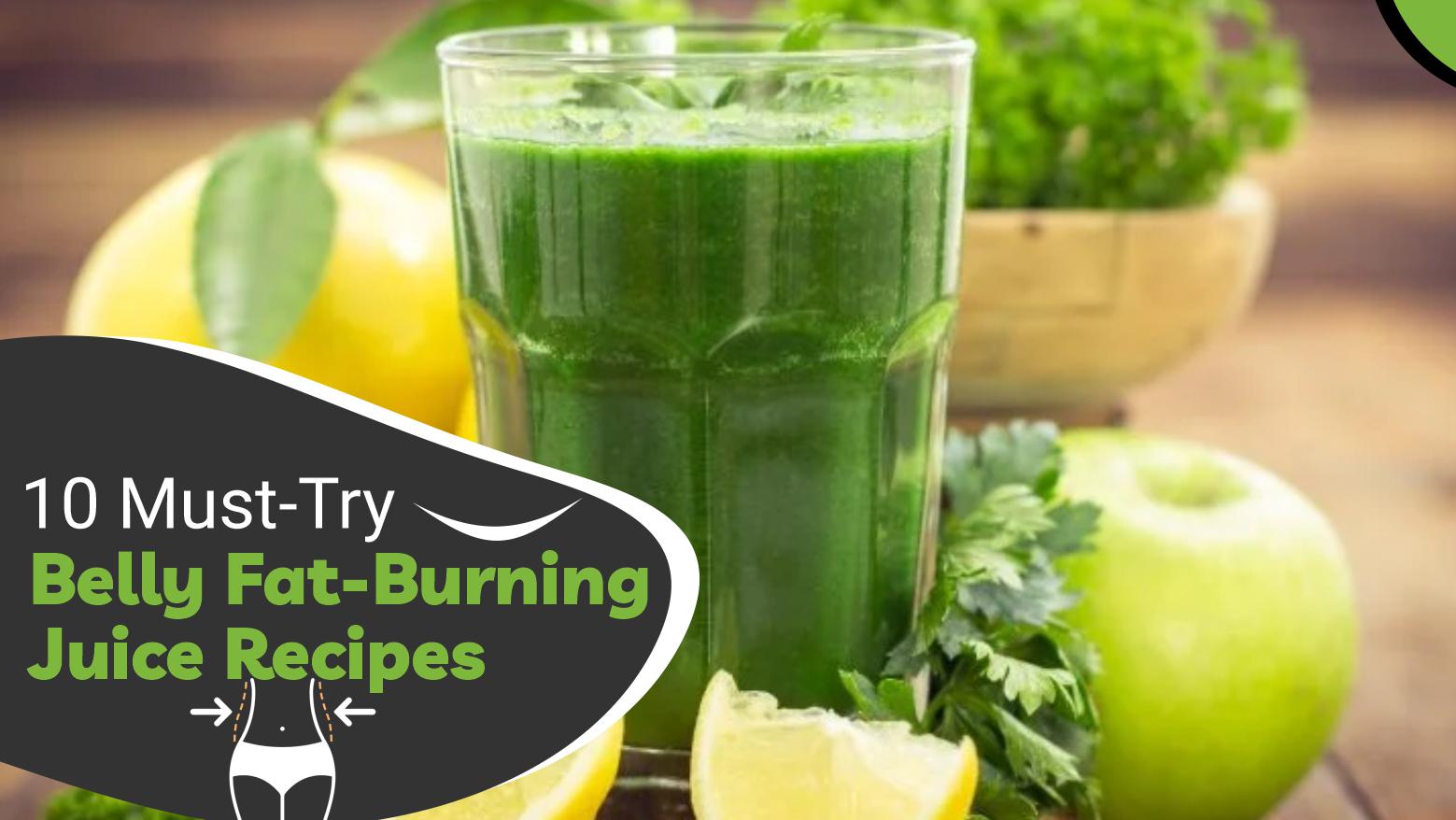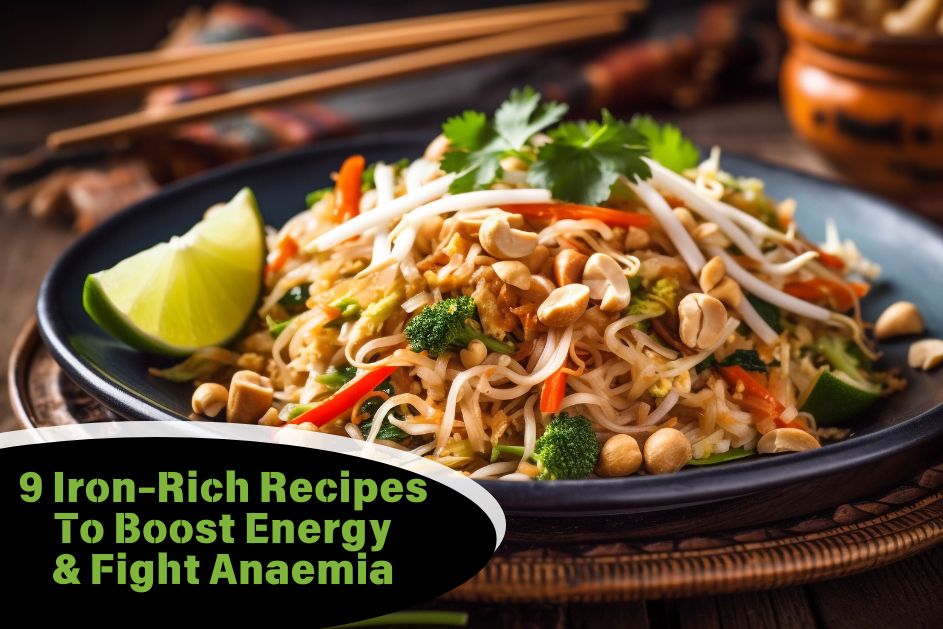Paneer, or Indian cottage cheese, is a popular dairy product in India and other South Asian countries. Made by curdling milk with a food acid like lemon juice or vinegar, paneer is an essential ingredient in many traditional Indian dishes. Its cooking versatility and rich nutritional profile make it a favourite among vegetarians and non-vegetarians alike.
Paneer is one of the most loved ingredients because of its taste and health benefits. And that’s exactly what this blog will focus on. We will explore the benefits of eating paneer, its nutritional value, and its impact on overall health. So, keep reading to learn more!
Table Of Contents
1. Nutritional Value Of Paneer
2. 10 Nutritional Benefits Of Eating Paneer
3. Dietitian's Recommendation
4. The Final Say
5. FAQs
6. References
Nutritional Value Of Paneer
The nutritional value of paneer that makes it a healthy meal option is:
| Nutrient | Amount per 100g |
| Energy | 265 kcal |
| Protein | 18.3 g |
| Fat | 20.8 g |
| Carbohydrate | 1.2 g |
| Calcium | 208 mg |
| Phosphorus | 138 mg |
| Magnesium | 10 mg |
| Iron | 0.2 mg |
| Zinc | 0.47 mg |
| Vitamin A | 210 µg |
| Vitamin B1 (Thiamine) | 0.06 mg |
| Vitamin B2 (Riboflavin) | 0.19 mg |
| Vitamin B3 (Niacin) | 0.1 mg |
| Vitamin B12 | 0.8 µg |
| Vitamin C | 0 mg |
| Sodium | 22 mg |
| Potassium | 70 mg |
10 Nutritional Benefits Of Eating Paneer

Let’s explore the 10 nutritional benefits of eating paneer for health:
1. High-Quality Protein Source
One of the most significant benefits of eating paneer is its high protein content. Protein is necessary for developing, restoring, and maintaining body tissues. It is especially crucial for vegetarians, who may have limited high-quality protein sources. Paneer provides all the essential amino acids the body cannot produce, making it a complete protein source.
For athletes, bodybuilders, and those involved in regular physical activities, paneers can be an excellent addition to a high-protein diet for muscle building. It will also help recover after working out, supplying the essential components for muscle development. Furthermore, the protein found in paneer aids in keeping you feeling full, which can be advantageous for individuals seeking to control their weight.
2. Rich Source Of Calcium
As everyone knows, calcium is vital for maintaining healthy bones and teeth, and paneer is an excellent source of this essential mineral. Regularly having calcium-rich foods like paneer can help prevent conditions such as osteoporosis, which is characterised by weak and brittle bones. Calcium is also crucial for bone development in children and adolescents, making paneer a valuable addition to their diet.
Calcium is also involved in muscle functioning, nerve communication, and blood clotting. Adding paneer to your diet helps the body receive sufficient calcium, promoting overall health and lowering the chance of bone-related issues.
3. Aids In Weight Management
Paneer is considered a flexible food due to its versatility. It can be included in various weight management diets, making it an important food to add to your high-protein diet. Its high protein content helps keep you full for longer, reducing the urge to snack between meals. This may result in consuming fewer calories, which is necessary to lose weight. Additionally, the healthy fats in paneer provide sustained energy, preventing energy dips that can lead to overeating.
Paneer is an excellent option for those on a low-carbohydrate or ketogenic diet. It is low in carbs and high in fats and protein. Paneer can be used in various recipes to add flavour and nutrition without excess carbs, making it easier to adhere to dietary goals. Make paneer a significant part of your healthy diet.
Also Read: 6 Best Recipes To Add To Your Healthy Protein Diet For Weight Loss
4. Supports Heart Health
While paneer is a source of fats, the type of fat it contains can positively impact heart health. Paneer contains conjugated linoleic acid (CLA), a good fat linked to several health advantages, such as lowering the risk of heart disease. CLA improves cholesterol levels by lowering LDL (bad) cholesterol and increasing HDL (good) cholesterol, thereby supporting cardiovascular health.
The magnesium in paneer helps regulate blood pressure and prevent hypertension, a significant risk factor for heart disease. Eating paneer in moderation as a component of a well-balanced diet can help promote a healthier heart.
5. Enhances Digestive Health
You will be surprised to learn that paneer is indeed among the best foods for good gut health. It is easy to digest and can be a good option for those with common digestion issues. It is a soft cheese, and its mild flavour and texture suit people with sensitive stomachs.
Paneer contains a moderate amount of lactose, which may be easier to tolerate for those with mild lactose intolerance than other dairy products. In addition to slowing down digestion, paneer's high protein and fat composition gradually releases energy and reduces blood sugar spikes. This can be beneficial for people with diabetes or individuals wanting to control their blood sugar levels.
6. Beneficial For Pregnant Women
Pregnancy requires a diet rich in nutrients to support the health of both the mother and the developing baby. Paneer is an excellent protein, calcium, and phosphorus source, all crucial during pregnancy. Protein supports the growth of fetal tissues, including the brain, while calcium and phosphorus are essential for developing the baby’s bones and teeth.
Moreover, paneer is rich in B vitamins, including B12, which is vital for forming red blood cells and preventing anaemia in pregnant women. Including paneer in the diet can help meet the increased nutritional needs during pregnancy and contribute to a healthy pregnancy outcome.
Also Read: Diet Chart For Pregnancy In The First Trimester: 5 Vital Nutrients, Foods To Eat & Avoid!
7. Boosts Immune System
The nutrients found in paneer, including protein, vitamins, and minerals, greatly aid the immune system. Protein is needed to create antibodies, which support the body's defence against pathogens. Furthermore, by promoting the growth and operation of immune cells, paneer's zinc concentration aids in the maintenance of immunological function.
Paneer also contains selenium, a trace mineral with antioxidant properties. Selenium protects the body against oxidative stress and supports the immune response, making paneer a beneficial food for enhancing immunity.
8. Improves Skin And Hair Health
Paneer is rich in essential nutrients that contribute to healthy skin and hair. Paneer's protein content supplies the essential components for collagen, which is crucial for retaining the skin's flexibility and robustness. This can assist in diminishing wrinkles and enhancing a youthful appearance.
B vitamins, especially B2 (riboflavin) and B12, which are found in paneer, are necessary for normal hair growth and to stop hair loss. Riboflavin supports cell turnover and the production of new skin cells, while B12 helps form red blood cells, ensuring that the hair follicles receive adequate oxygen and nutrients.
9. Supports Mental Health
A diet rich in nutrients like calcium, protein, and B vitamins can positively impact mental health; paneer provides these in abundance. Neurotransmitters are substances that travel throughout the brain to send messages, and the protein in paneers aids in their production. These neurotransmitters, including serotonin and dopamine, play a key role in regulating your mood and reducing symptoms of depression and anxiety.
The calcium in the paneer is also important for nerve function, including the transmission of signals into the brain. The B vitamins in paneer also aid in maintaining cognitive function and may lower the likelihood of cognitive decline with ageing.
10. Versatility In Cooking
Last on the list of benefits of eating paneer is its versatility itself! It can be grilled, sautéed, fried, or added to curries, salads, and desserts. Paneer’s ability to absorb flavours makes it a perfect and most loved ingredient for various dishes, from spicy Indian curries to mild, creamy desserts.
Its adaptability also permits the creation of imaginative and nutritious dishes that can accommodate various dietary restrictions. Whether you are on a high-protein, low-carb or simply looking to add more nutrients to your meals, paneer can be incorporated in multiple ways to enhance your food's flavour and health benefits.
Also Read: 18 Satisfying And Healthy Snack Ideas For Weight Loss For Healthy Munching
Dietitian's Recommendation
As a dietitian, I highly recommend adding paneer to your diet for its exceptional nutritional benefits. Paneer is a rich source of high-quality protein, making it an excellent choice for vegetarians and those seeking muscle growth and repair. Its high calcium content supports strong bones and teeth, while the presence of healthy fats aids in weight management by promoting satiety.
Additionally, paneer’s essential vitamins, such as B12 and riboflavin, boost energy levels and enhance skin and hair health. Its versatility in cooking allows for nutritious, flavorful meals that cater to various dietary needs.
Dt. Akshata Gandevikar
The Final Say
Paneer is not just a delicious and versatile ingredient but also a nutritional powerhouse offering numerous health benefits. The benefits of eating paneer are extensive, from supporting muscle growth and bone health to aiding in weight management and boosting immunity. It is an excellent supplement to any diet because of its high protein content and vital vitamins and minerals. Whether you want to improve your health, manage your weight, or simply enjoy a nutritious meal, incorporating paneer into your diet can be a delicious and healthful choice.
FAQs
1. Is it good to eat paneer daily?
Eating paneer daily can be beneficial due to its high protein and calcium content. Having paneer as part of a balanced diet ensures you get its nutritional benefits. However, moderation is key to avoiding excessive calorie and fat intake.
2. Is paneer good for skin?
Yes, paneer is good for skin health. It is rich in protein and vital nutrients like vitamin B12 and selenium, which support skin repair, collagen production, and hydration. These nutrients help maintain a healthy, glowing complexion and combat skin ageing.
3. Is paneer healthy or fat?
Paneer is both healthy and contains good fats. It provides high-quality protein, calcium, and essential nutrients but contains fat. If you are on a low-fat diet, go for low-fat or homemade paneer from milk to manage calorie intake and still enjoy its health benefits as part of a balanced diet.
4. Does paneer reduce belly fat?
While paneer may not directly target belly fat, its abundance of protein can help with weight control by increasing fullness and decreasing total caloric consumption. When paired with a proper diet and consistent physical activity, paneer can aid in reducing belly fat and overall weight loss.
References
- https://www.milkymist.com/post/nutritional-facts-about-paneer
- https://www.ndtv.com/health/8-benefits-of-consuming-paneer-4075588
- https://www.thequint.com/fit/7-health-benefits-of-eating-paneer
- https://www.asknestle.in/expert-advice/health-benefits-of-paneer
About ToneOp Eats
ToneOp Eats is your go-to health kitchen, delivering nourishing meals in Bhopal, Indore & Bangalore. The meals are prepared with strategically planned nutrition and portions for your health goal. With just three simple steps, you can subscribe to a meal plan for weight loss, muscle gain, or balanced diet goals. Experience the perfect blend of taste and wellness in our nutrient-dense and calorie-counted range of meals, including protein-rich grills and meal bowls, full of fibre salads & smoothies, workout-friendly protein 30,40,50 meals and refreshing juices!







